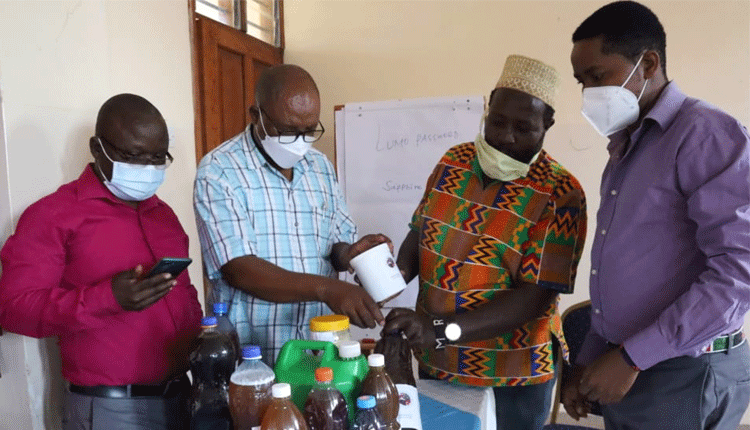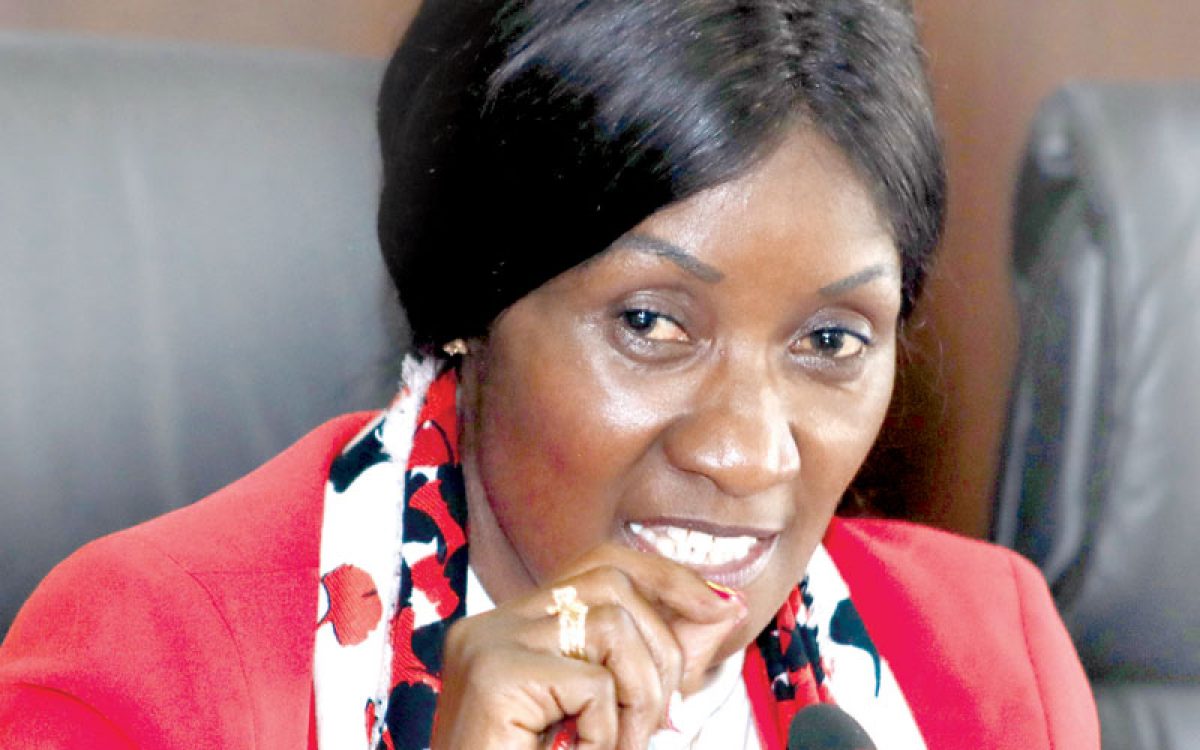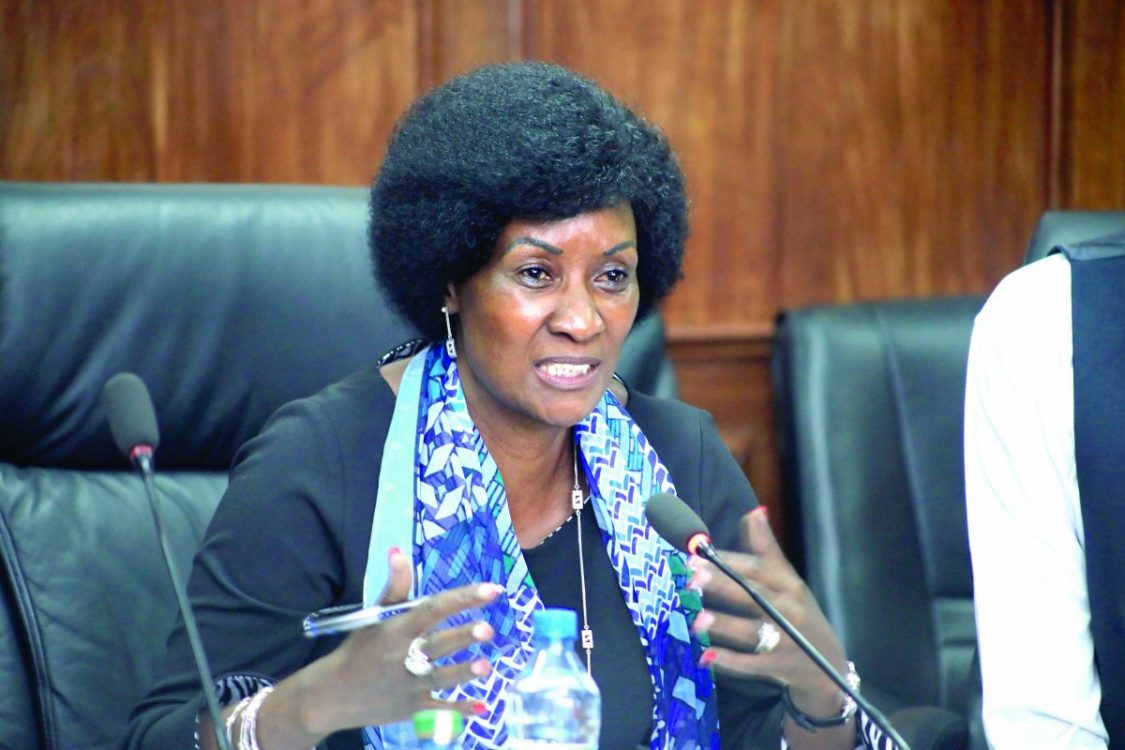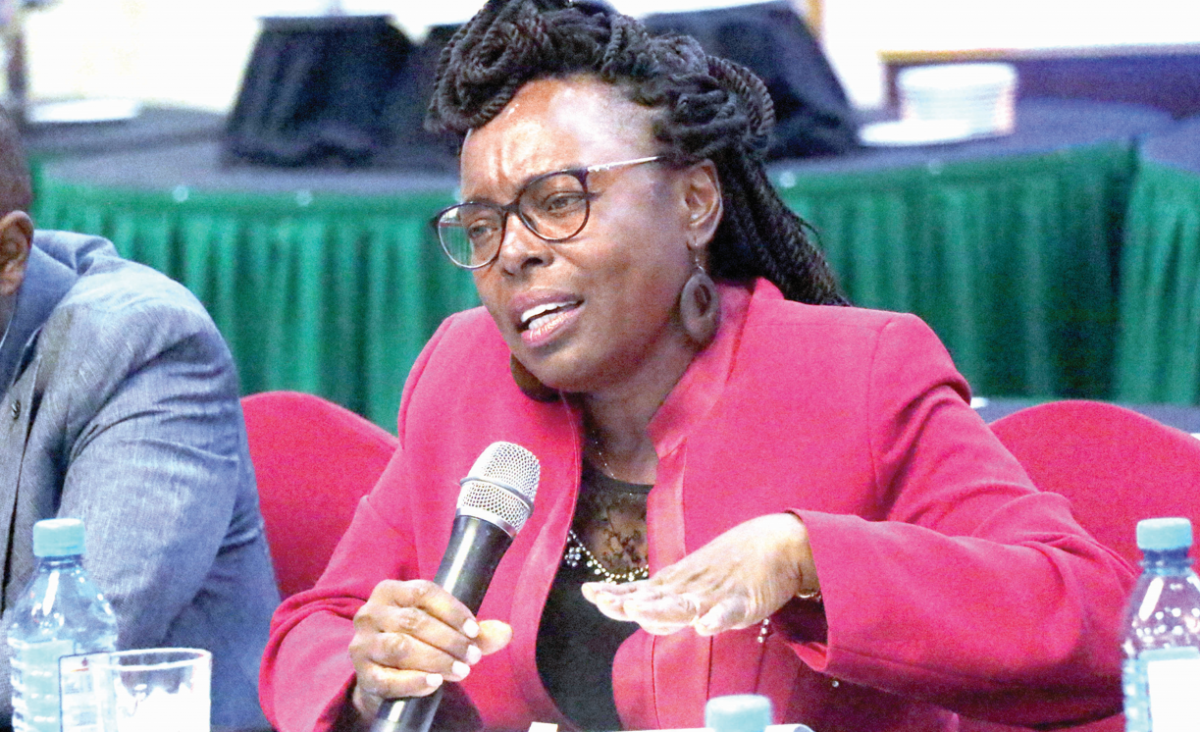Herbalists roped in the Covid-19 war

Herbal medication is as old as humanity. Be it tree barks, leaves, twigs, roots, soil or even insects, they kept deadly diseases and plagues at bay before the dawn of industrial revolution and the discovery of modern medicine.
But with the emergence of technology, traditional medicine was relegated to the fringes, with an occasional appearance, like an afterthought, when their modern successors seem not be working.
It does not help that the medicines are always given labels like “concoctions” which conjure up images of bitter-tasting, gooey-looking mixture of bizarre substances created through a process that relies more on guesswork than sound scientific research.
But a joint programme by the national and the Taita-Taveta County governments is seeking to change these negative perceptions.
The programme seeks to engage herbalists and traditional healers from the region with the aim of resurrecting the dying art of traditional phytotherapy and bringing back ancient herbal medication to reclaim its place on the shelves of pharmacies alongside modern medicine.
Phytotherapy is the study of the use of natural extracts from plants, soil, insects and animals as medicine or health-promoting agents.
Under the initiative, the government intends to buy herbal medicines and traditional curative products from herbal practitioners for use as supplements and immune boosters in the fight against Covid-19.
Dr Evans Taracha, the coordinator of Natural Products Industry, says the government was engaging traditional herbalists and healers in a long-term quest for products that would aid the war against Covid-19.
Immune boosters
He noted that herbal medicines had the potential to produce immune boosters that would enhance body immunity against coronavirus.
“We believe that herbal and other traditional medication have the qualities to act as immune boosters for the body and help in the fight against Covid-19,” he said.
Natural Products Initiative is recognised under the Vision 2030 as part of domestication of Nagoya Protocol that entails accessing of genetic resources for research and development in return for favourable benefit sharing.
The initiative is also supported by the Protection of Traditional Knowledge and Cultural Expression Act of 2016.
Once acquired, the herbal products will be subjected to stringent scientific tests in laboratories to determine three key qualities including dosage for administration, safety of the drug and efficacy.
Already, the government has engaged herbalists in Siaya, Bungoma and Kakamega counties in the quest for long-term treatment for coronavirus.
Herbal platform
The initiative is being spearheaded by National Museums of Kenya under the State Department for Culture and the Kenya Medical Research Institute (Kemri).
The looping in of traditional herbalists into the war against the pandemic points to the lengths the government is willing to go in its search for a cure for Covid-19.
Currently, governments across the world are encouraging booster shots for the vaccinated population.
This is because the threshold of protection from coronavirus vaccines remains unknown. While other vaccines, like that for measles, can accord one lifetime immunity, it is still unclear how long Covid-19 vaccines protection lasts, hence the need for booster shots.
The Director of Youth, Gender and Social ServicesWallace Mwaluma termed the plan to purchase herbal products as timely.
He added that the programme would see an introduction of a broad range of curative and preventive medication in the region.
“Traditional medicine plays a vital role in curative and preventive treatment. This programme will give herbalists the platform to showcase their products,” he said.
Mwaluma assured herbal practitioners that their drugs would be patented and they would retain all the rights and commercial benefits from the sale of the medication.
Mwaluma observed that the survival of the practice of herbal medicine was assured as veteran herbalists in the region had taken many youths as apprentices.
“We are happy that young people are learning the art of traditional medicine from the elders and this ensures continuity of this valuable knowledge,” he observed.
Jaxon Shako, the chair of Mighondi Economy and Conservation Network, said recognition of herbal medicine was a step in the right direction towards acceptance of alternative medicine.
The group deals with identifying and processing medicinal herbs from local forests.
Shako said even as members in his group were practicing extraction of herbal medicine from plants, they were spearheading conservation efforts in community and government forests in the region.
Forests, he said, were the lifeblood of herbalists and the practice of herbal medicine.
“We get our medicine from trees and this is why we are at the forefront in encouraging people to conserve forests,” he said. –KNA










